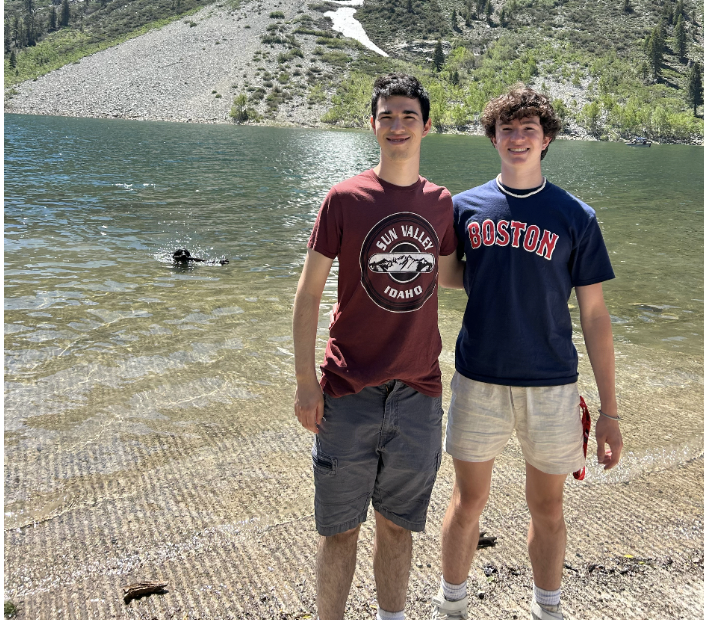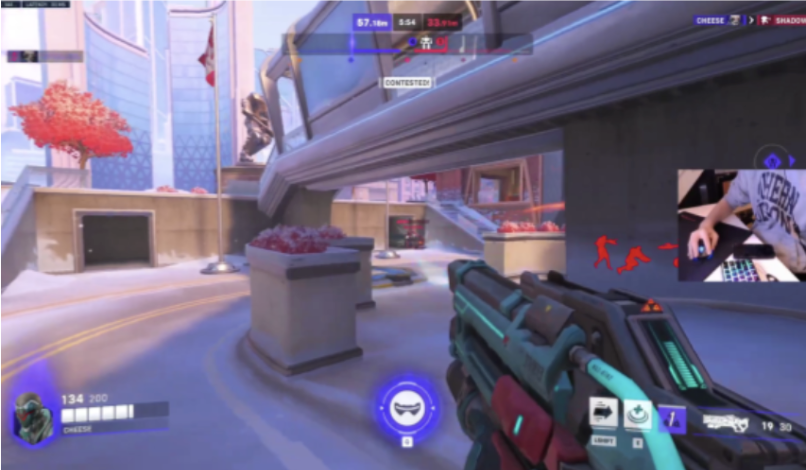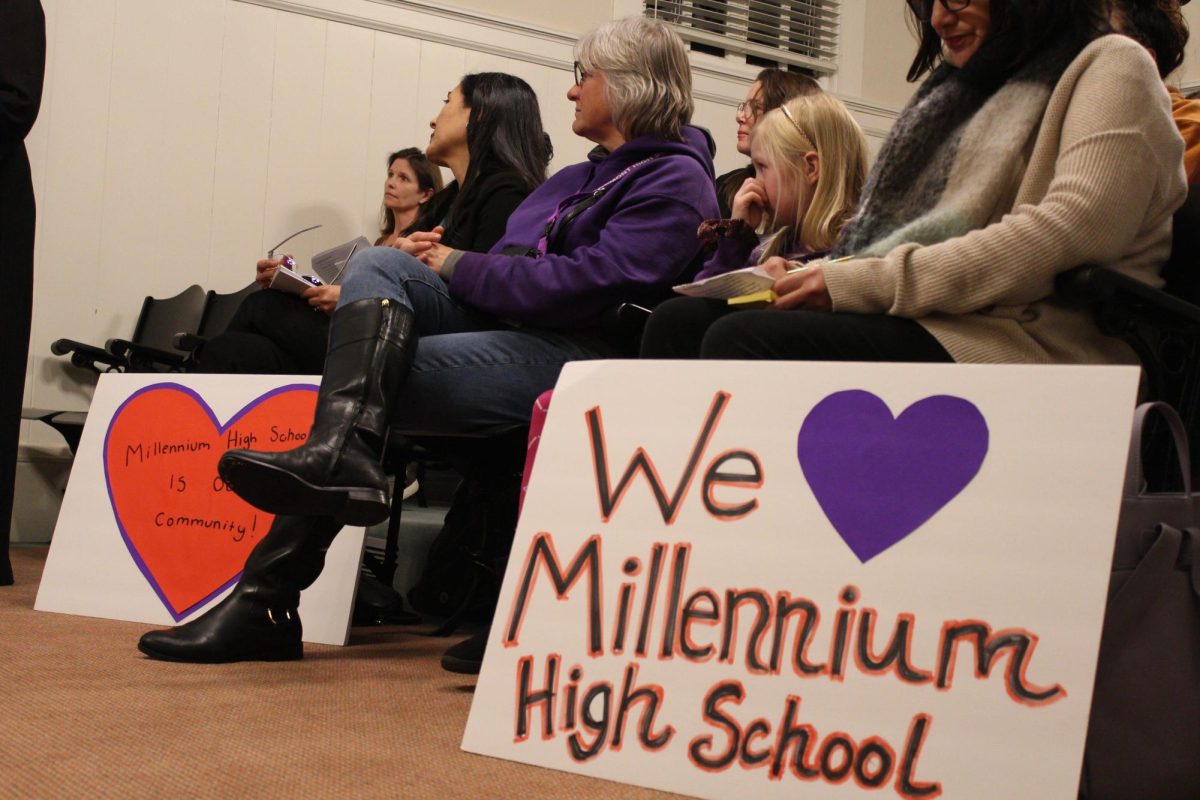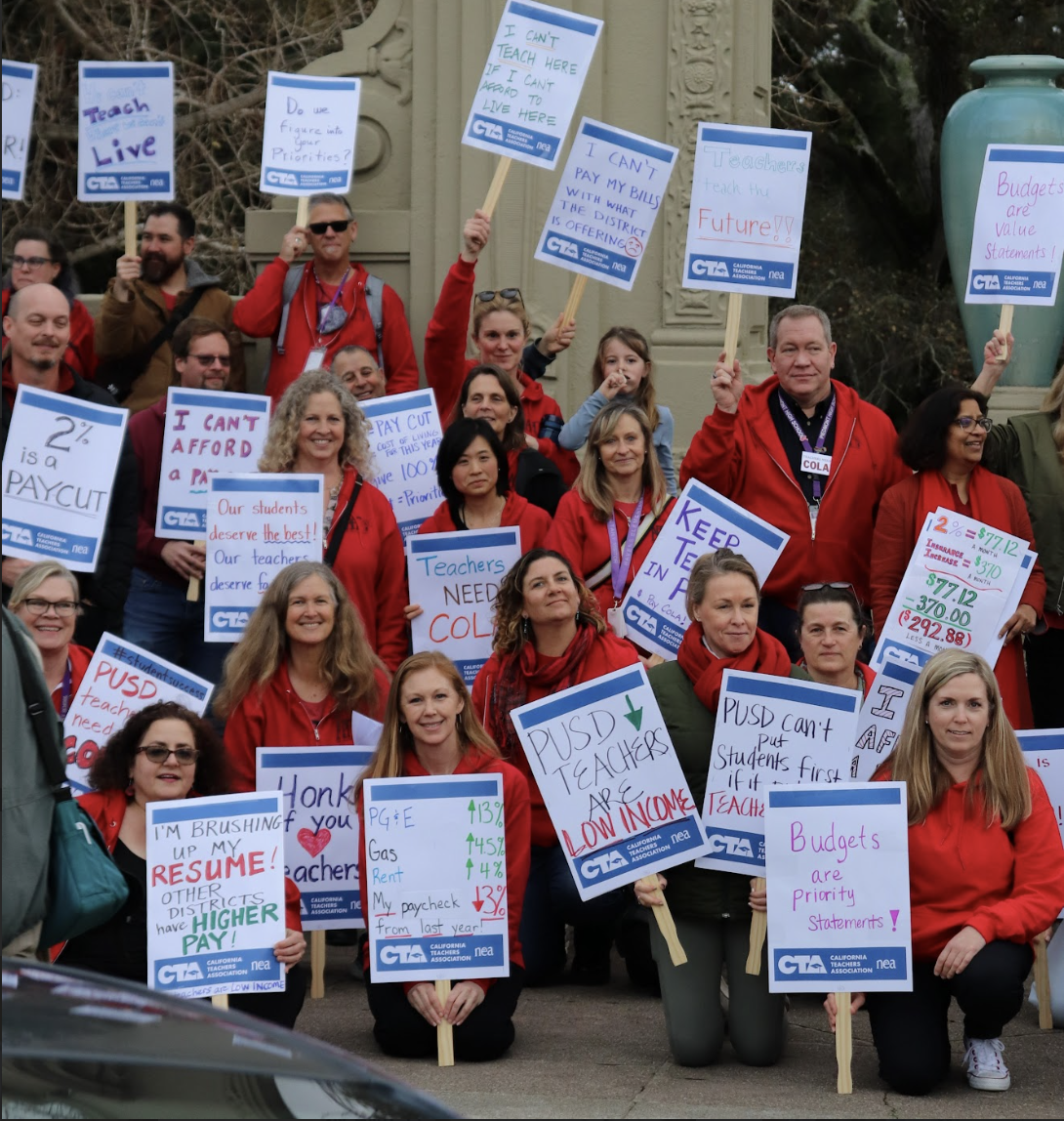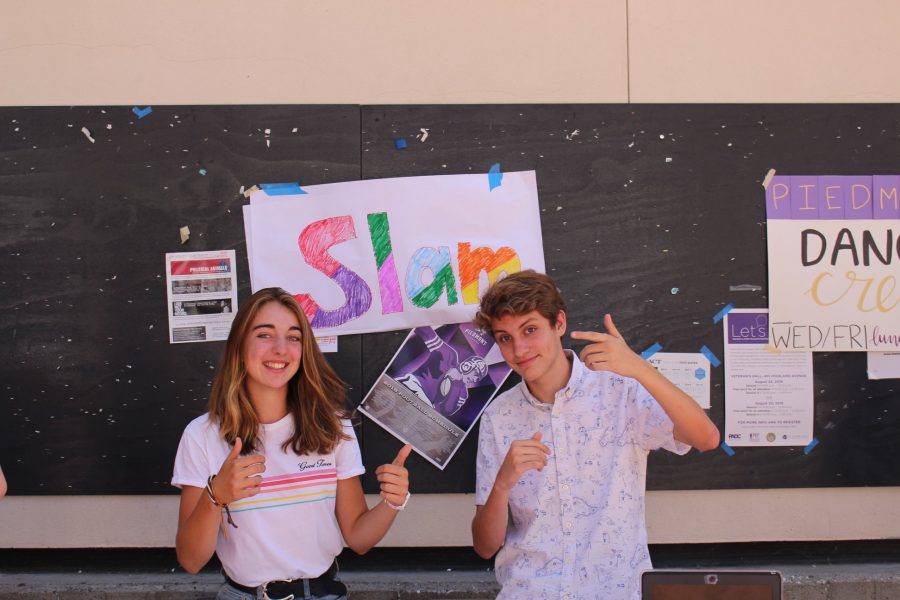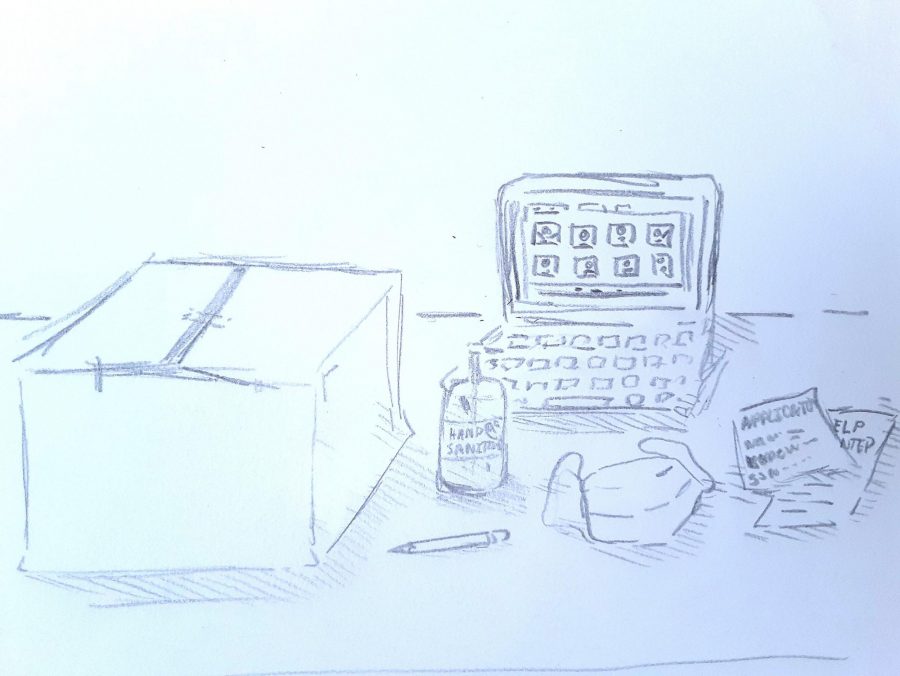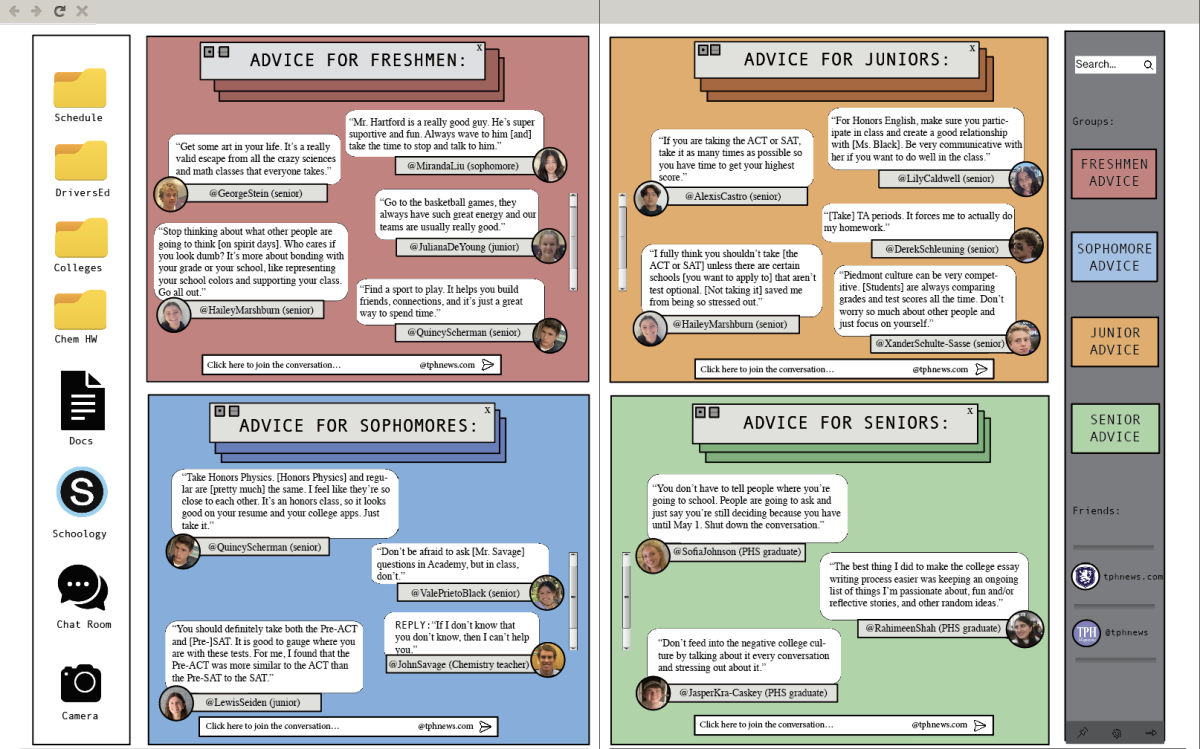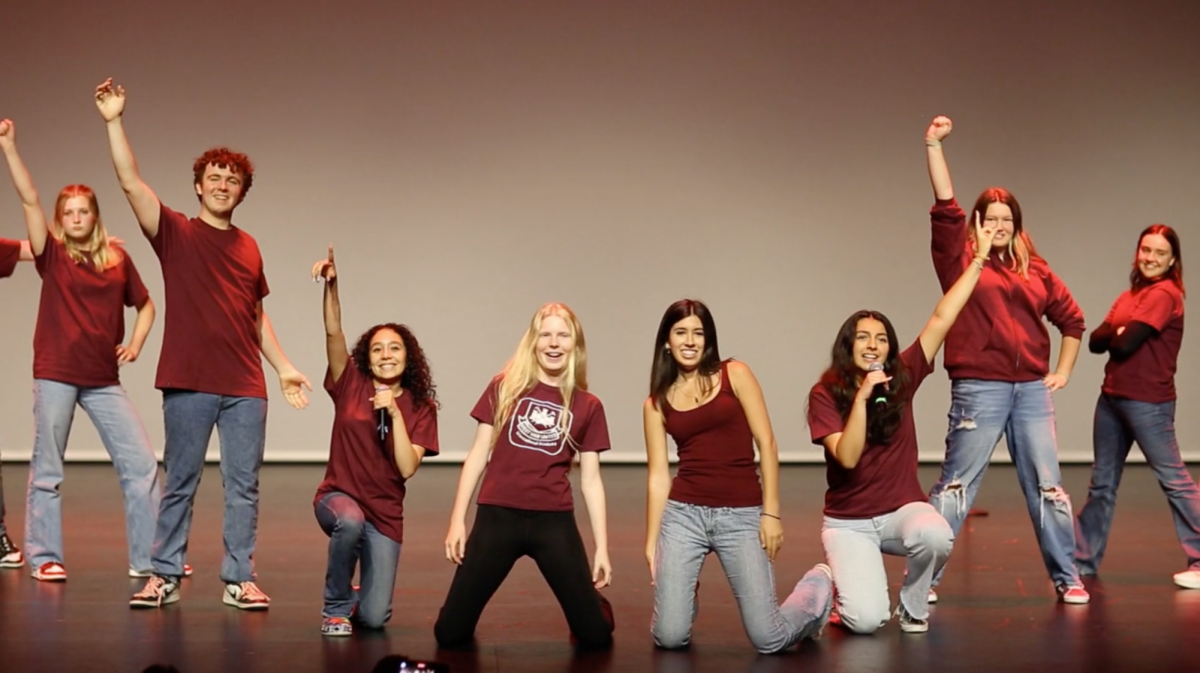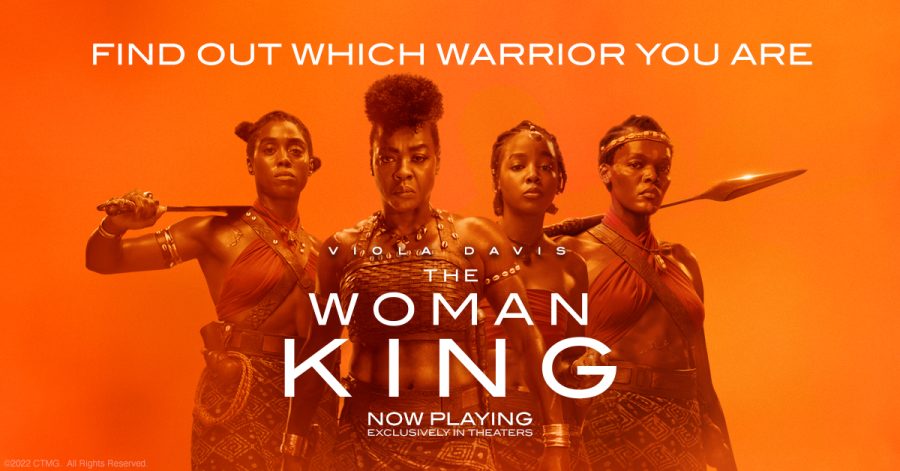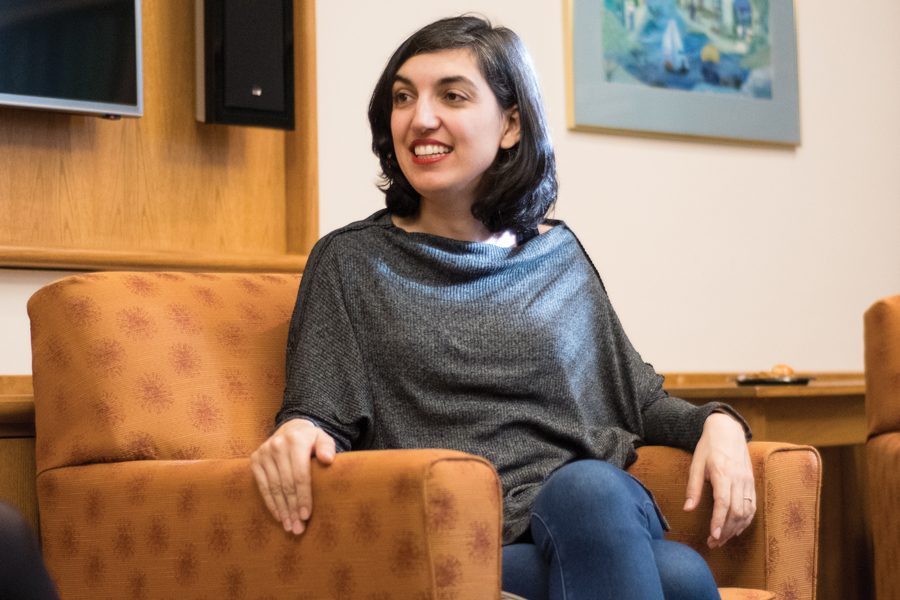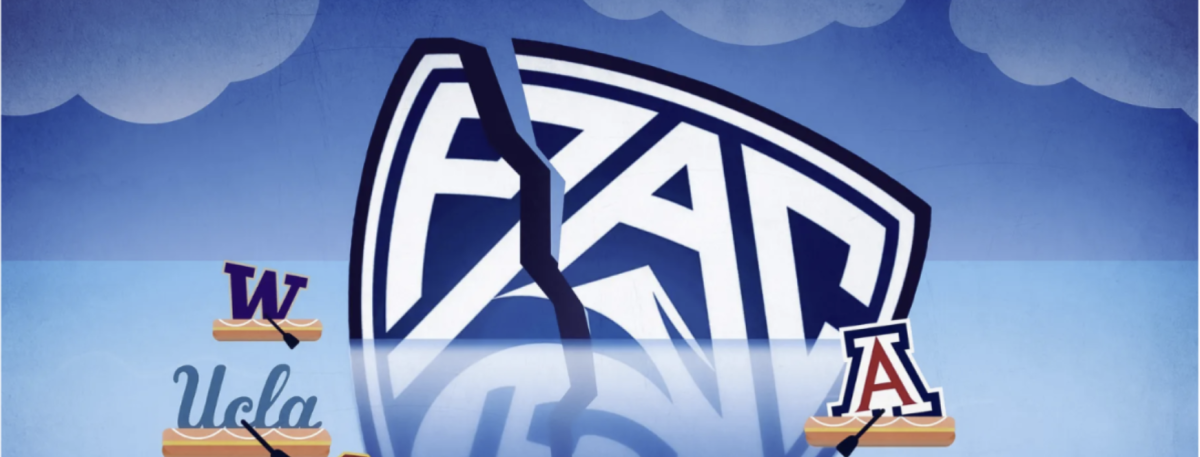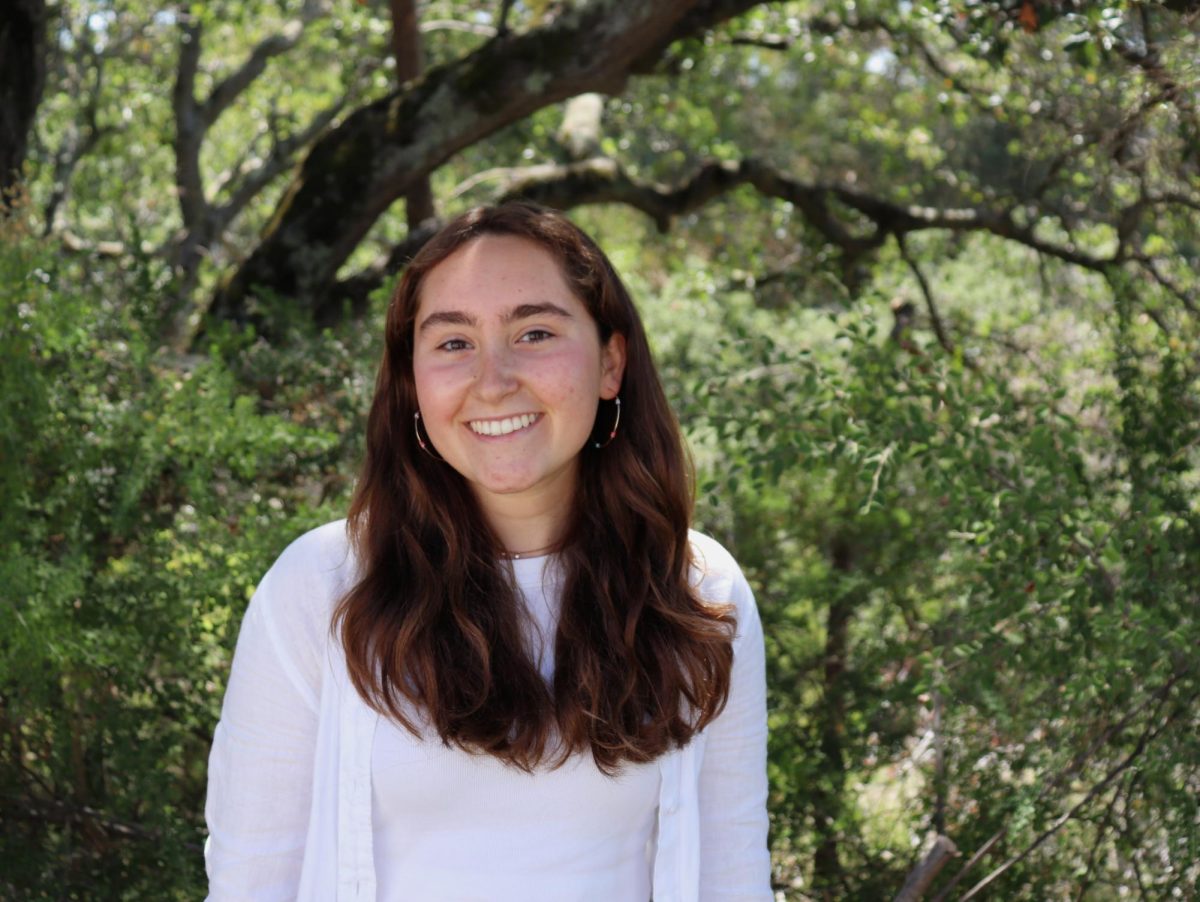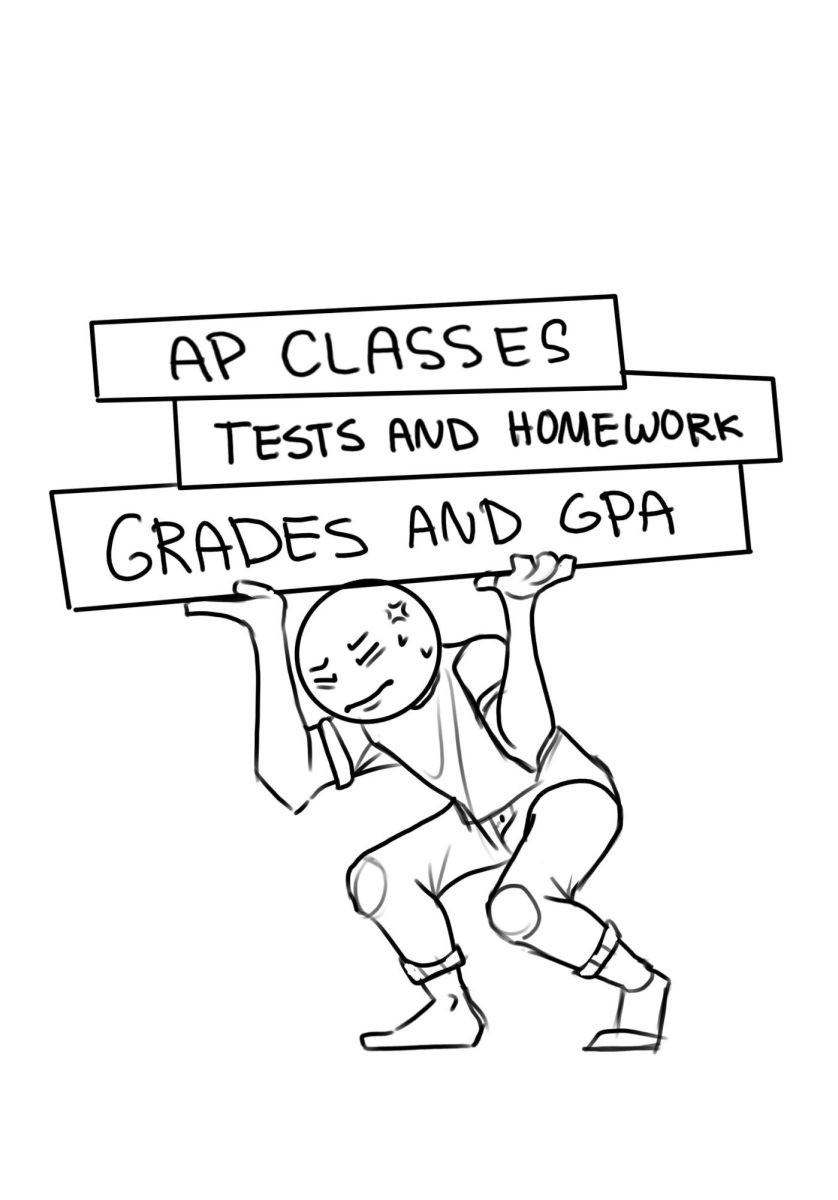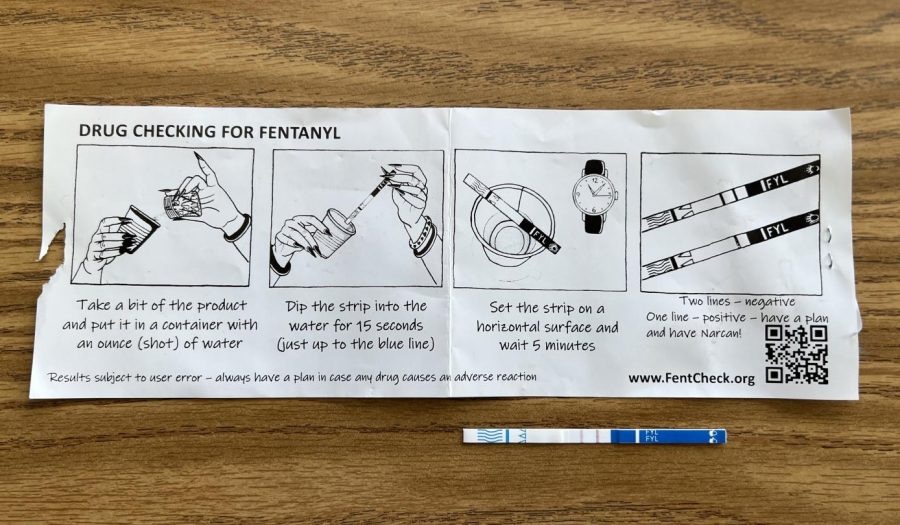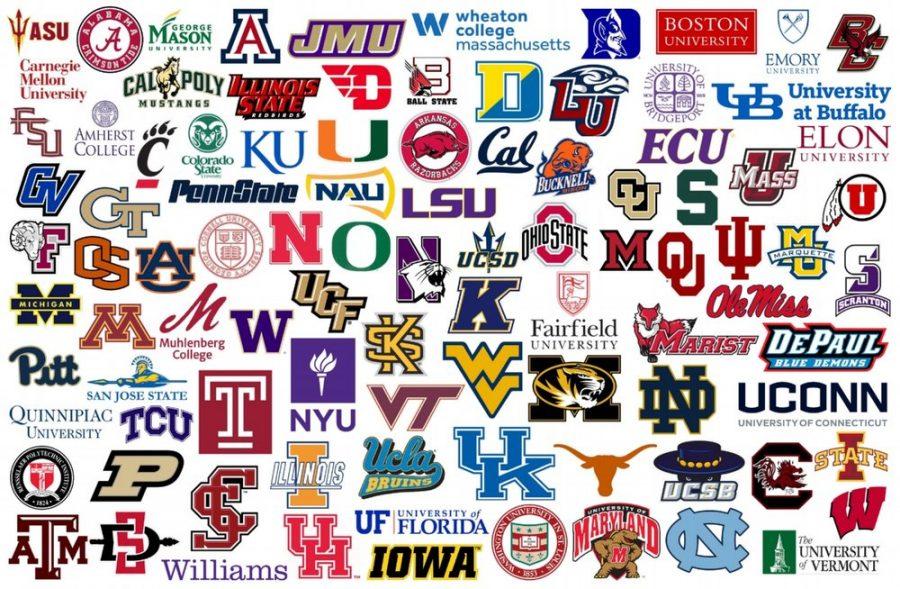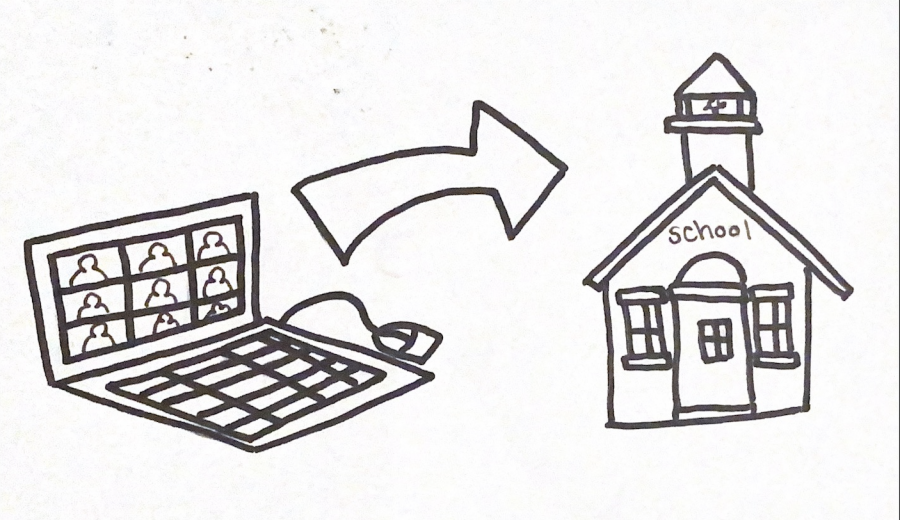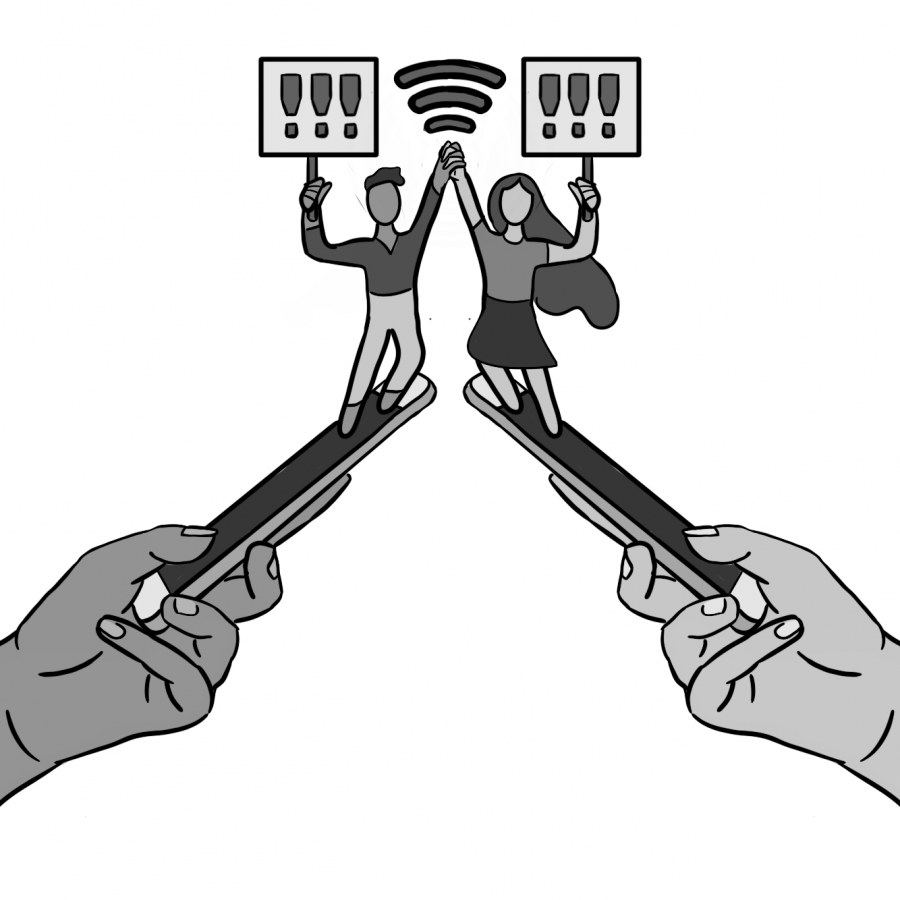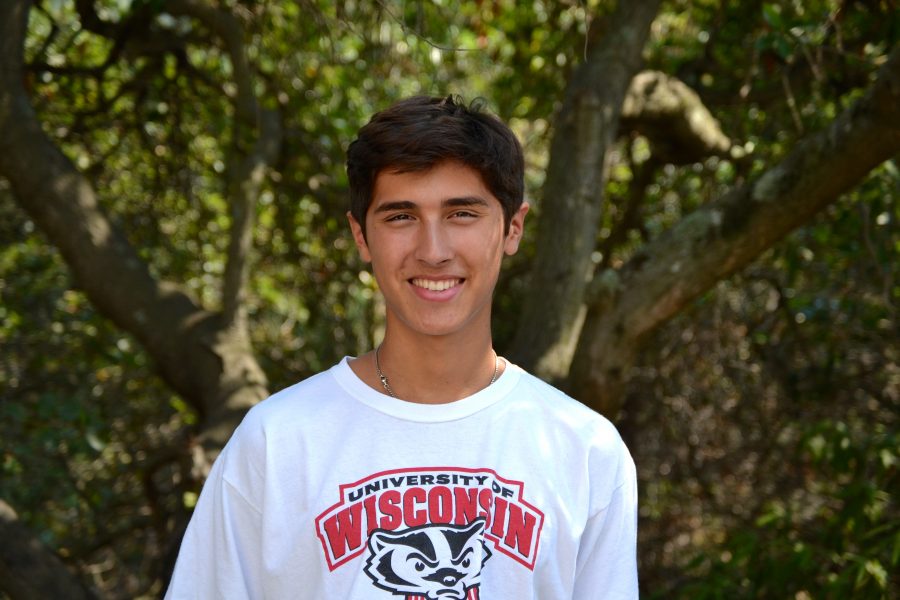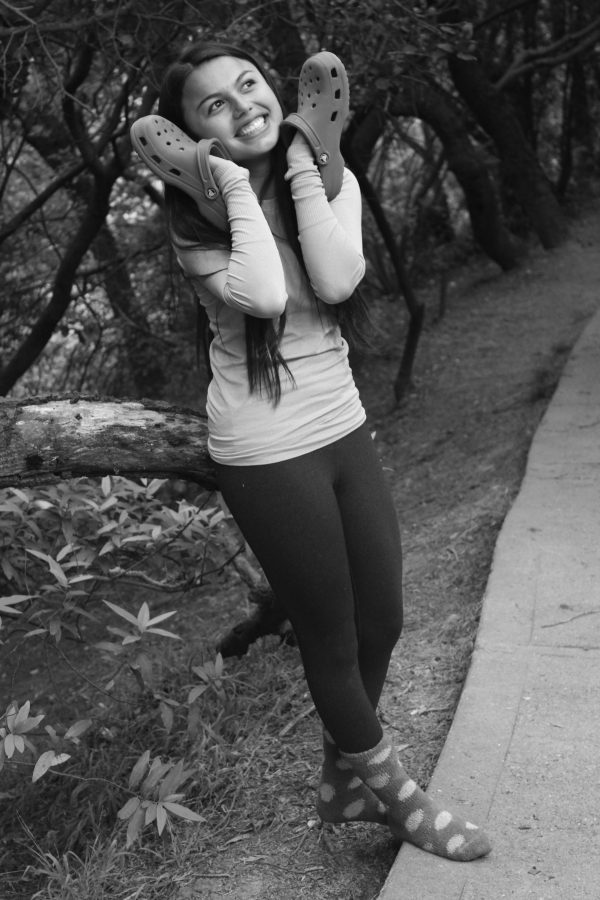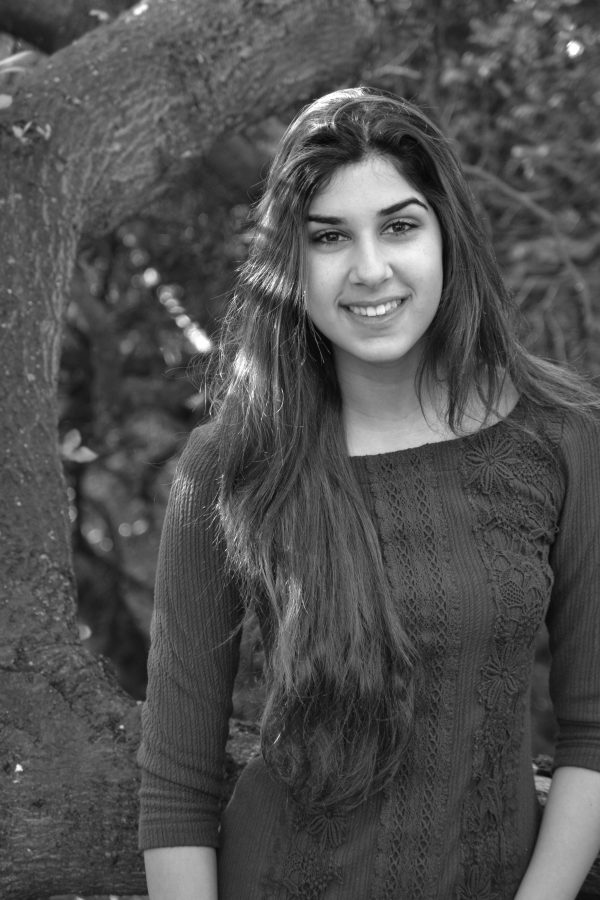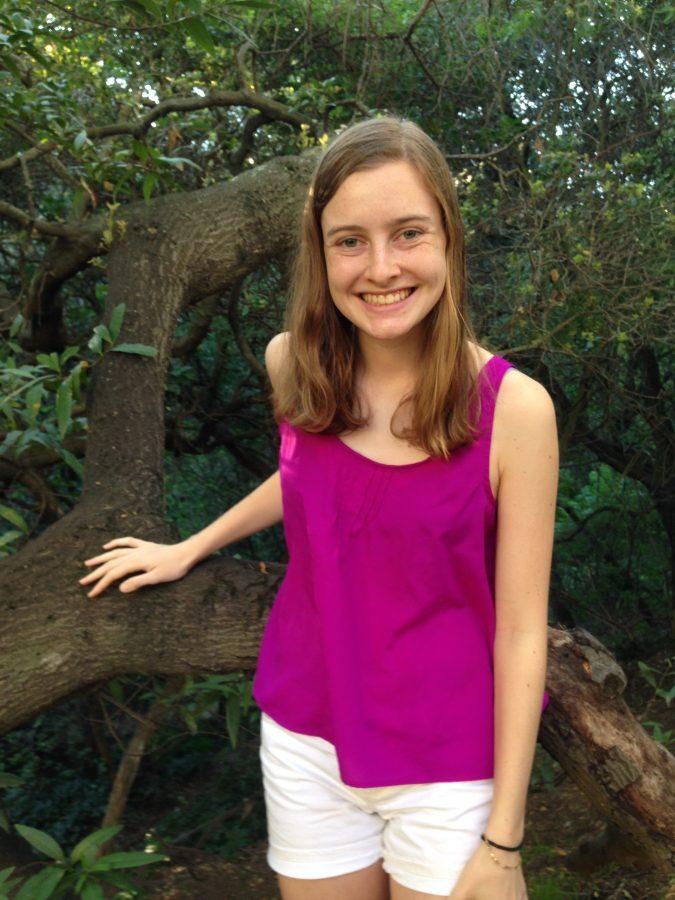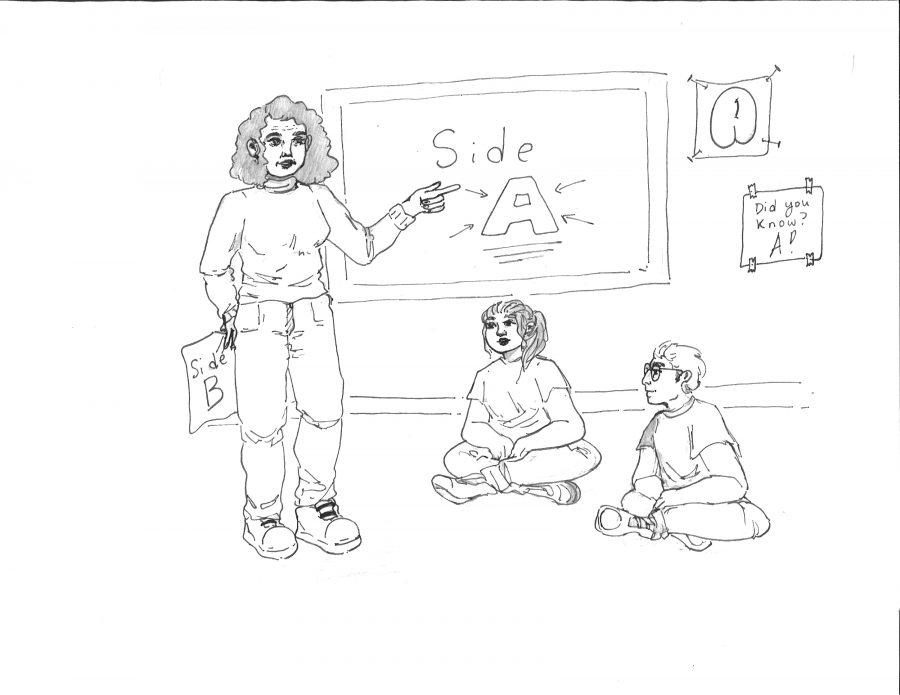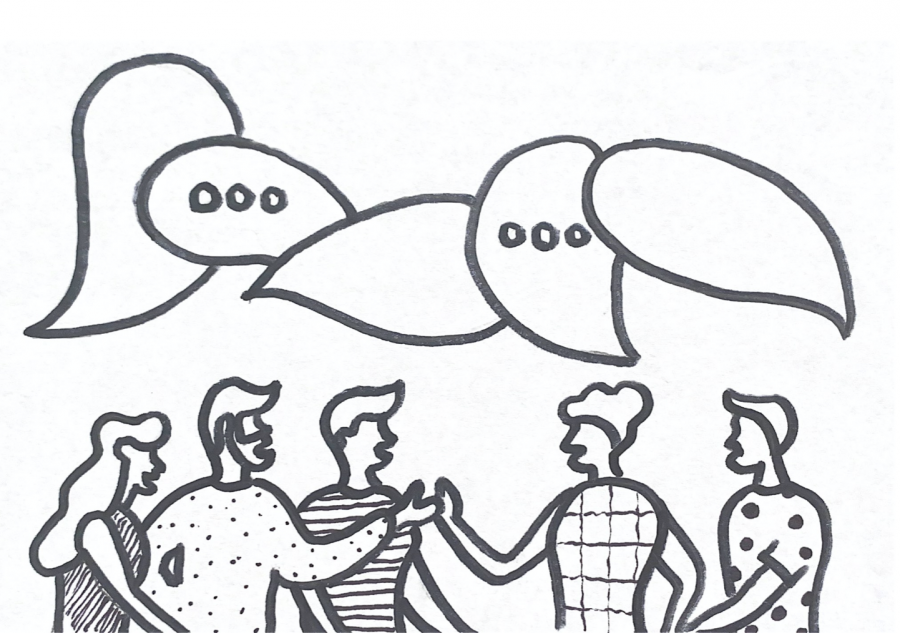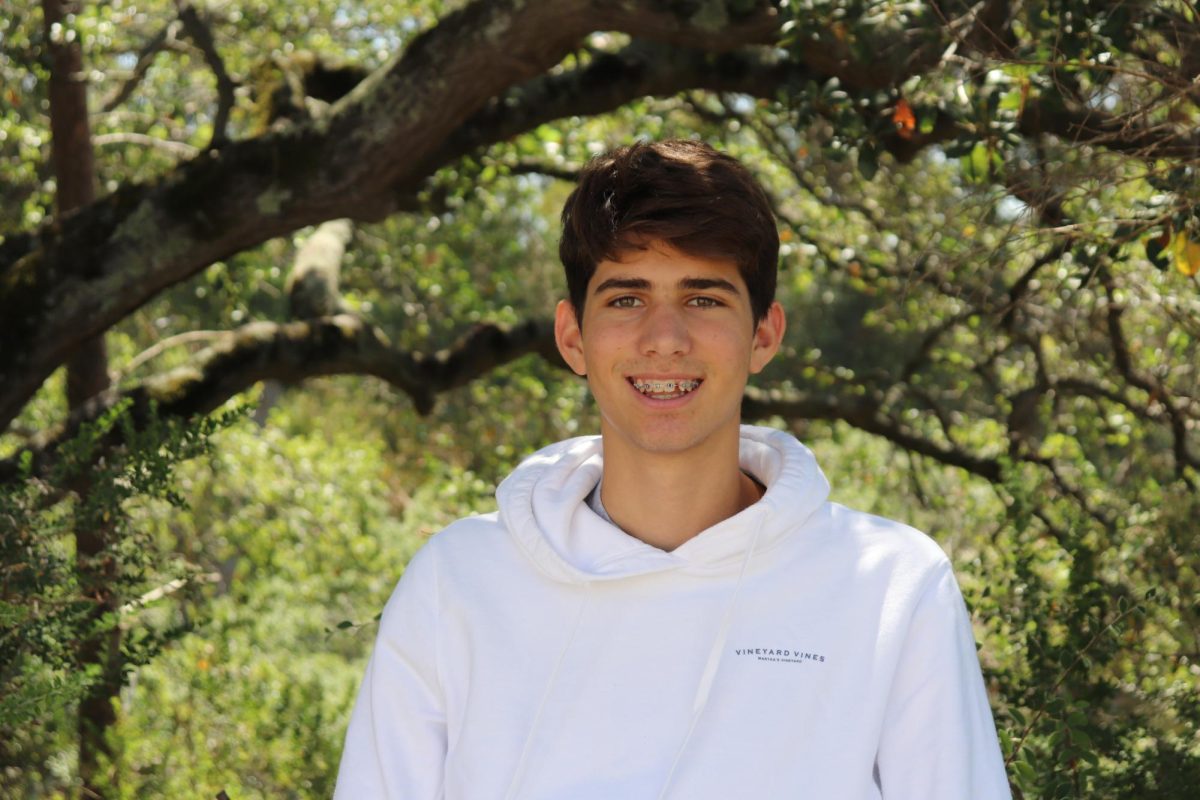School is all we know. From kindergarten to twelfth grade, students are flooded with information and ideas. Students internalize these ideas, which in turn become their own beliefs.
Education has an unbelievable amount of influence on every kid’s idea about how the world works. Left with no alternative to the traditional school system, students are only exposed to the points of view being taught to them.
To combat this, PUSD needs to ensure that their curriculums and classes include all perspectives and facts when portraying a topic.
The setup of the school system itself is not an issue. Instead, the problem starts when curriculums only include one side or perspective when portraying an issue. This perspective becomes the students’ full definition of what the event is.
For example, the American Pageant textbook, the textbook for AP US History, presented Ronald Reagan’s presidency as a weakening of the American economy. While this is a valid argument, many economists and historians argue the contrary. They believe that Reaganomics helped America out of the stagflation of the 1970s.
Most APUSH students now believe that Reaganomics failed, because that is what they were taught. In isolation, this does not appear to be a big deal. However, imagine an entire year learning topics created with one political background in mind. Now multiply that by twelve. The product is a high school graduate who only knows one set of beliefs.
It is education’s job to tell us what happened and is happening in our world. It is not education’s job to tunnel our focus and tell us what we should and should not believe.
Previous California Governor Jerry Brown passed a bill in 2016 that would require all high schoolers to take an ethnic studies course as part of their graduation requirement. In the proposed curriculum, many groups were left out or misrepresented. For example, Israel was made to look like an oppressor of Palestinians, and anti-semitism was nowhere to be found in the glossary of terms in the textbook.
This is scary. A class that could be mandated for all high schoolers displays events at a shockingly uneven political and social disposition. It does not matter whether or not you believe that Israel are oppressors of Palestine. The ethnic studies class would be driven by one viewpoint to the point where the marginalization of certain groups is completely ignored. This is not education anymore. This would be brainwashing.
As noted before, this kind of bias already exists in our school, and ethnic studies would only add to the growing list of biased curriculums, each of which pushes more and more students over towards one political viewpoint. This political viewpoint then shapes our whole entire country.
However, it is not just Piedmont that has problems with biased curriculum. According to National Public Radio, a student attending Pearland High School, near Houston, found that a textbook referred to American slaves as workers rather than slaves. Calling slaves “workers” glosses over the immensely important fact that they were brought against their will, forced to work without seeing a single benefit despite their labor.
It is important to draw the line between a biased viewpoint and a factual, different viewpoint. We need to start learning about every factual viewpoint on a certain topic, as opposed to a single one. These differences do not stem from bias, but rather shed light on different aspects of that topic.
It is necessary that as students, we realize when we are not shown the full picture and actively try to obtain that full picture. It is necessary that teachers do their best to paint this full image for their students. Classes should include all the facts, and students need to choose which perspective they believe.
At Piedmont, we should start by making a conscious effort to realize when something is told through a lens, and actively search for the other lenses. Otherwise, we will only know half of the world around us.
It does not matter what the topic is, or whether you think what you are learning is crazy. All that matters you know all facets of an issue at hand.



